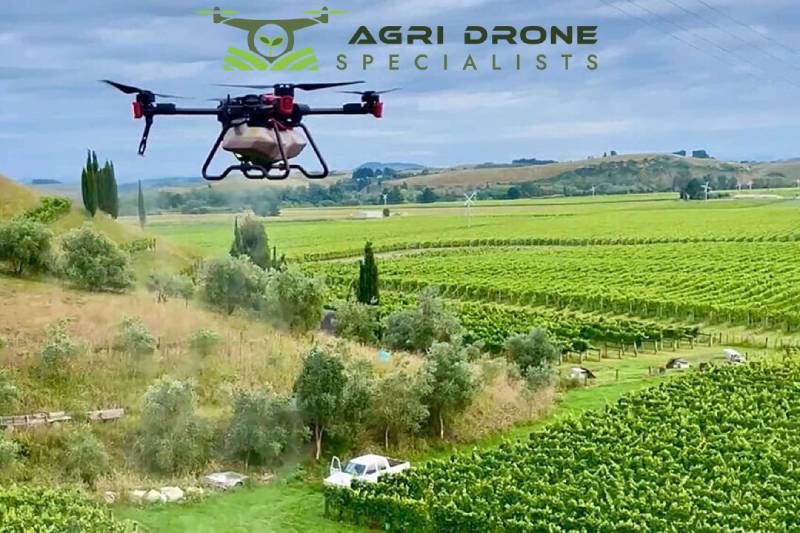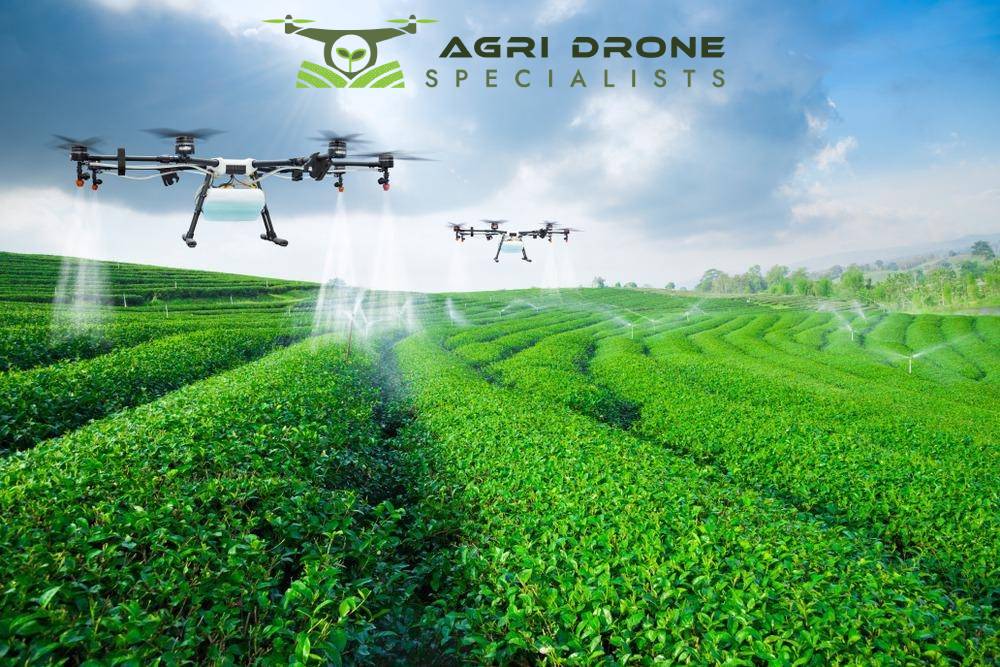Agriculture faces growing pressure to achieve higher yields with fewer resources to meet global food demands. However, unpredictable weather, pests, plant diseases, and nutrient deficiencies complicate crop optimisation. Emerging aerial spraying drone services use advanced drone technologies. Drone service provides farmers with a valuable new data source through aerial crop mapping and analysis.
The use of drones is rapidly expanding across various sectors of the economy, with the agricultural industry experiencing significant growth. Drones and aerial spraying drone services are becoming increasingly common on both large and small farms. It is used for tasks ranging from scouting to security. The data collected by drones helps inform agronomic decisions. It seems to be a key component to bringing meticulousness to agriculture.
Drones and aerial spraying drone services are already integral to large-scale farming operations. The data they gather aids farmers in planning planting and treatments. It seems to be an ideal investment to maximise their yields. The aerial spraying drone services can boost yields. You will find a notable increase in an industry with typically narrow profit margins.
Let’s explore the current applications of drone technologies on farms, new agricultural drone technologies and aerial spraying drone services. Additionally, explores the steps and challenges associated with the widespread adoption of drones in agriculture.
 Scouting/Monitoring Plant Health:
Scouting/Monitoring Plant Health:
Drones equipped with Normalised Difference Vegetation Index (NDVI) imaging equipment. It effectively monitors plant health. This technology uses comprehensive colour information to indicate plant health. It allows farmers to address issues on time. Drones with regular cameras also monitor crop health. It offers advantages over satellite imagery. It also provides closer, yet more accurate images regardless of cloud cover or light conditions.
Monitoring Field Conditions:
Drones are used to monitor soil health and field conditions. It provides accurate field mapping, including elevation data. This information helps identify drainage patterns and wet/dry spots. It enables more efficient watering techniques. Some drones also offer nitrogen level monitoring. It allows for precise fertilizer application and improved soil health.
Planting & Seeding:
Automated drone seeders, initially utilised in forestry, are now demonstrating potential for wider application in agriculture. Drones can replant hard-to-reach areas without risking worker safety quickly and efficiently.
Spray Application:
Drone sprayers used in aerial spraying drone services are widely used around the world. These drones are used in the process of both navigating difficult terrain and large crop areas. It can provide precise spray applications aimed at specific areas. It maximises efficiency and reduces chemical costs. However, regulations on drone sprayers vary by country. We are licensed to offer aerial spraying drone services. We have trained professionals to operate them as well.
Drone Pollination:
Advanced drones are capable of pollinating plants without causing damage. The goal is to create autonomous pollinating drones. You can use it to monitor crop health independently.
Drone For Small Farmers:
Advancements in drones in aerial spraying drone services aim to make drones more useful to smaller farmers in developing nations. Current technologies are more effective for well-known crops but need improvement to recognise diverse planting patterns and less common crops.
Conclusion:
Drones have significantly impacted the agricultural industry and will continue to grow in importance. While they are becoming more accessible to small farmers, challenges remain, including regulatory issues and the need for further research on their effectiveness. We recognise the capabilities and limitations of drones and invest significantly in this costly equipment. We recommend using aerial spraying drone services to achieve better results.



